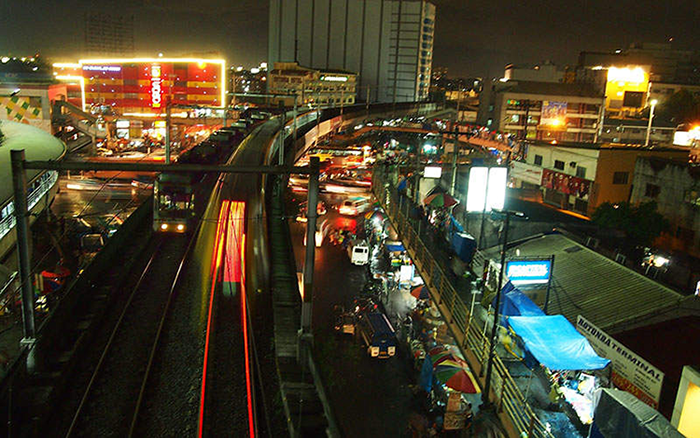
A reconciled measure modifying the 85-year-old regulation that limits foreign ownership of public utilities to 40% was adopted Wednesday night by the House of Representatives and the Senate. President Rodrigo Duterte will now have to sign the bill into law.
All industries will be liberalized, save electricity distribution, petroleum pipeline transmission, water distribution, seaports, and public utility vehicles, according to Senator Grace Poe, the bill’s sponsor. Telecommunications, shipping, and railways should be more accessible to foreign investment, lawmakers agreed previously in their versions of the measure.
Learn how to trade crypto, Forex, CFDs, and Binary options in the Philippines with trusted brokers
According to the Organization for Economic Cooperation and Development, the Philippines is one of the world’s most restrictive economies when it comes to foreign direct investment. Before the bill’s passing, European Chamber of Commerce of the Philippines President Lars Wittig remarked, “The Philippines must act rapidly in terms of carrying out economic reforms that promote trade and investment operations.”
Foreign state-owned companies, on the other hand, are not permitted to invest in any public utility or vital infrastructure in the Philippines, according to Poe.
Subscribe for our newsletter
Get Forex brokers reviews, market insights, expert analytics and education material right into your inbox for free!